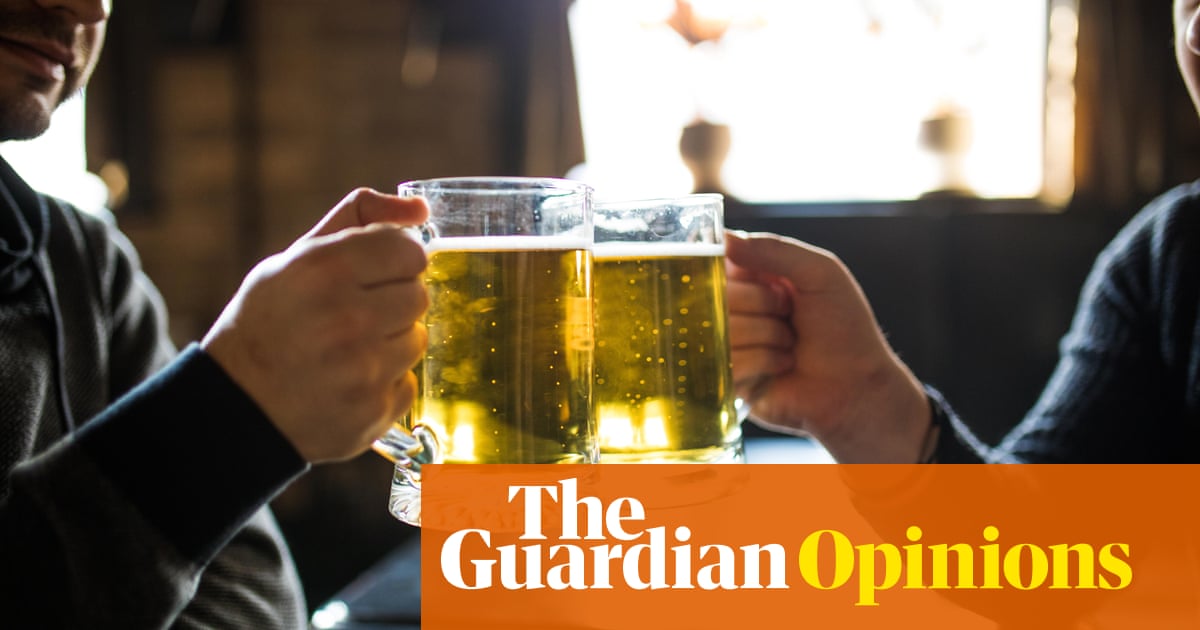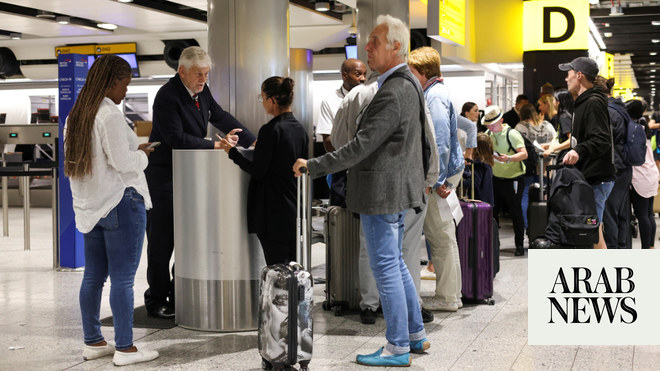
Britain has a problem, and that problem is alcohol. Except, it is more nuanced than that. The issue is less the alcohol itself and more our attitude towards it and the problematic culture we’ve created around it. For far too many of us, it’s all a bit of a laugh.
But it has all become a lot less funny since the publication last week of a major new report by the World Health Organization which shows that Great Britain has the world’s worst rate of child alcohol consumption. It makes for sobering reading. A third of our 11-year-olds have drunk alcohol. More than half of 13-year-olds in England have already started on the booze. Britain comes off worst of the 44 countries covered in the study, the largest of its kind. It’s alarming.
The fact that Britain has so many extremely young drinkers is part of a wider problem our country has, and that’s the way we consume alcohol. We’re a nation of binge drinkers. I know because I used to be one. Like most Britons, I had my first drink as a teenager. Throughout my 20s, I’d skip dinner and neck vodka so I could get drunker more quickly and cheaply. I’d sneak small bottles of spirits into pubs whose prices I couldn’t afford.
For a fair few years, people encouraged and applauded it: I was the life and soul of most parties. But things began to fray. I started to have daylong torturous hangovers; I’d lose entire weekends. I’d black out and forget the outrageous things I’d become known for saying. I gained weight. I had sex with men I wouldn’t have looked at when sober. It strained friendships. My manager even noticed my regular midweek hangovers. In short, it just stopped being funny.
It got even less funny when a close family member died from alcohol abuse when I was in my 30s. The fact that the taboo around this subject prevents me from naming them also says a lot about us as a country. When the party’s over and we’re lumbered with the awful consequences of this insidious culture, the stigma and the consequent desire for privacy prevents us from fully sharing the story as a cautionary tale to others.
A number of my friends from that time are now completely sober. I still drink, but mostly in a different way from my booze-soaked youth. Since my 30s, I’ve lived in three countries known for their alcohol consumption: Britain; beer-at-the-barbecue-loving Australia; and Malbec-appreciating Argentina. The latter two have inspired me to find a new way of drinking.
While those countries are notorious for a certain type of alcohol culture, they are healthier than Britain’s. In Australia, the beers would mostly come with barbecued burgers and a relaxed afternoon. In Argentina, that famous red wine comes with steak over a long evening. In Britain, the shots come with chasers of more alcohol, while food is an afterthought – a kebab, once we’re already smashed. I must have done it a thousand times in my 20s. But it’s this alcohol culture that is killing us – and it appears to be getting worse. The UK’s alcohol-specific death rate was 14.8 per 100,000 population in 2021, a notable increase from 12.0 in 2011.
That’s not to say other countries – Australia in particular – don’t have their own alcohol-related problems. But Britain has a distorted perception of its own problem and is in denial about the extent of it. I returned to Britain from Australia every year for the 12 years I lived there, and the most common comment I heard was: “Aussies: total booze hounds, aren’t they?” In 2022, Australia’s alcohol-induced deaths were recorded at a rate of six deaths for every 100,000 people – the highest rate reported in a decade. Yet that’s still less than half the UK’s alcohol-related death rate over the same period.
Recently, while shopping for a birthday card for my 15-year-old cousin, I noticed how supermarket greetings cards reflect our deep-rooted cultural problem. They portray non-drinkers as po-faced bores and loners, unworthy of friendship.
“If anyone tells you they don’t like gin,” one screams in caps, “don’t talk to them. Nobody needs that kind of negativity.”
“VODKA,” another yells. “Because no good story starts with, ‘That one time I ate salad.’”
“Drink wine!” another one instructs. “Because grapes are one of your five a day!”
“One tequila, two tequila, three tequila, FLOOR!” another guffaws. How hilarious.
We expect levity from birthday cards, but these have a sneering tone that normalises and glamourises dangerous binge-drinking culture. And by sober-shaming, they look lazily dated: sober raves, for example, are taking off as it finally clicks for people that there is nothing funny about our nation’s relationship with booze. Not to mention the cards’ inaccuracy: the best raconteurs are sober. Nothing is more tiresome than a pissed person repetitively telling the same story and forgetting the punchline (guilty as charged there, too).
I am in no way a puritanical person: I like my humour dark, my dancing sexy and my martinis dirty. But a third of our country’s children are consuming booze a full seven years before they are legally allowed to buy it. They are swigging what is effectively a dangerous poison before many have even grown pubic hair or started their periods. If this dangerous relationship with alcohol persists into adulthood, their risk of dying prematurely is hugely increased. Which is why we need to make binge-drinking as socially unacceptable as smoking. Alcoholism tears apart families, ends friendships, ruins lives and kills people. There is something very, very wrong here.
I have a close relative in an early grave and multiple friends who will need to attend AA meetings for the rest of their lives. This stuff isn’t a joke any more.
Gary Nunn is an author and journalist












